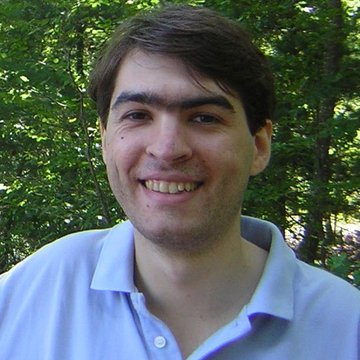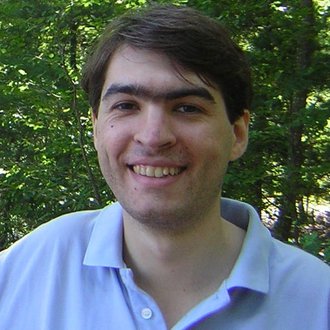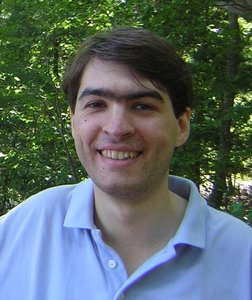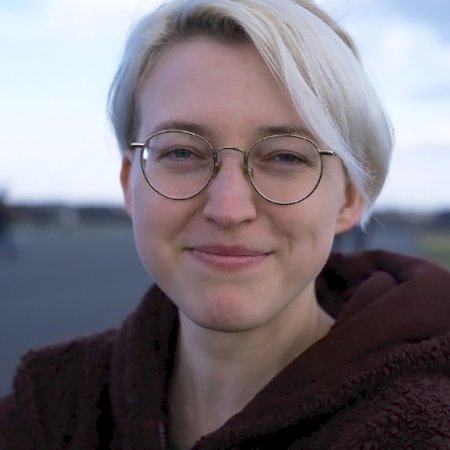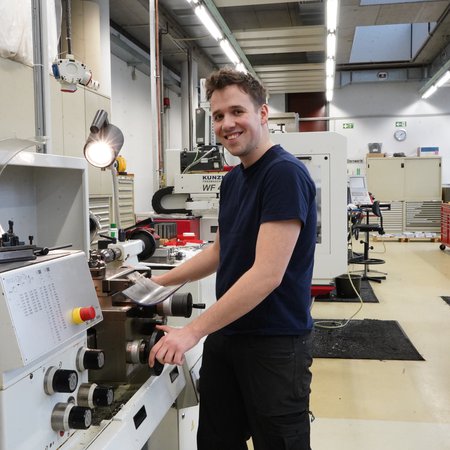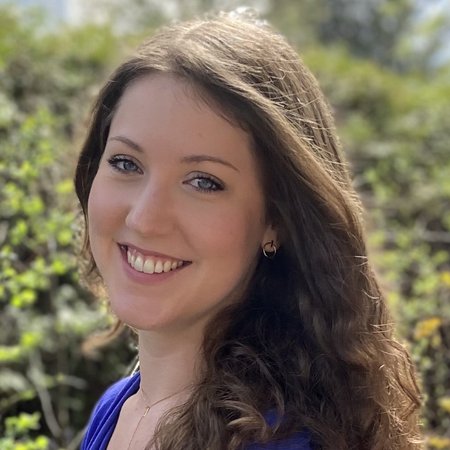Karl Schwarzschild Fellowship 2012 goes to Dr. Federico Spada
Dr. Federico Spada is awarded with the Karl Schwarzschild Fellowship 2012. Spada attended the University of Catania, Italy, and got his Master in Physics 2006 for his dissertation about "Galactic dynamo and radio emission polarisation" before receiving 2010 his PhD for his thesis "Rotational history of solar-like stars and angular momentum transport in radiative interiors". He then left for the Institute for Biospheric Studies at Yale University, where he worked with Sabatino Sofia at the Astronomy Departement.
The Karl Schwarzschild Fellowship is awarded regularly with an alternating focus on extragalactic and stellar astrophysics. Schwarzschild fellows are identified in a competitive international search. The successful candidate should have received their PhD within the last five years. Schwarzschild Fellows are expected to carry out an independent research program and to contribute to the scientific life of the AIP including co-supervision of students.
The AIP continues the tradition of the Astrophysical Observatory Potsdam and the Berlin Observatory. It is located in the beautiful Potsdam/Babelsberg area, at the southwestern border of the Berlin metropolitan area. Over 150 scientists work on a variety of astrophysical topics covering the full range from solar physics to cosmology. Potsdam is also the home of the Albert-Einstein Institute for Gravitational Physics, the Physics & Astronomy department of Potsdam University and several other research institutions.
Dr. Federico Spada is awarded with the Karl Schwarzschild Fellowship 2012. Spada attended the University of Catania, Italy, and got his Master in Physics 2006 for his dissertation about "Galactic dynamo and radio emission polarisation" before receiving 2010 his PhD for his thesis "Rotational history of solar-like stars and angular momentum transport in radiative interiors". He then left for the Institute for Biospheric Studies at Yale University, where he worked with Sabatino Sofia at the Astronomy Departement.
The Karl Schwarzschild Fellowship is awarded regularly with an alternating focus on extragalactic and stellar astrophysics. Schwarzschild fellows are identified in a competitive international search. The successful candidate should have received their PhD within the last five years. Schwarzschild Fellows are expected to carry out an independent research program and to contribute to the scientific life of the AIP including co-supervision of students.
The AIP continues the tradition of the Astrophysical Observatory Potsdam and the Berlin Observatory. It is located in the beautiful Potsdam/Babelsberg area, at the southwestern border of the Berlin metropolitan area. Over 150 scientists work on a variety of astrophysical topics covering the full range from solar physics to cosmology. Potsdam is also the home of the Albert-Einstein Institute for Gravitational Physics, the Physics & Astronomy department of Potsdam University and several other research institutions.
Images
Dr. Federico Spada
